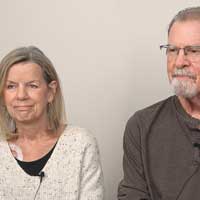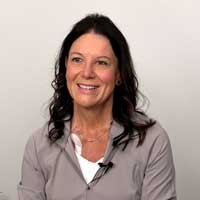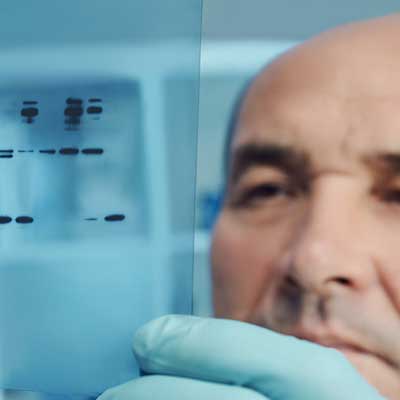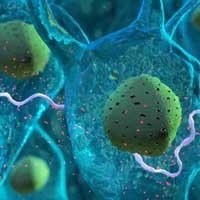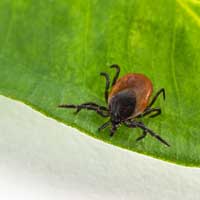Envita's Innovative Cancer Screenings Discussed on Phoenix, Arizona 12 News

With one simple blood test 52 cancers can be screened, which helps to reduce the risk of delayed treatments and cancer deaths. In a news feature titled, “Lung cancer screening in Arizona only at 1.3%, far below national average,” Dr. Dino Prato, Founder and CEO, Envita Medical Centers, expressed concern about the delay in diagnosis. He explained that their team offers a blood draw which can help identify lung cancer and other types of cancers in its early stages.
“You screen one of 52 cancers right away," Dr. Prato said. "If that comes back positive, then we run another blood test to identify with very high accuracy, that there might be pancreatic, lung, breast, whatever type of cancer is there. Once we know that cancer is there, then we can run tests to see if it's metastasized or spread beyond the tumor.”
The Envita team specializes in the personalized precision integrative oncology approach, which is based on advanced genomics to detect early signs of cancer and its metastatic spread. This innovative approach enables the team to go beyond standard imagining tests, which are typically recommended as preventive screening for lung cancer and some other types of cancers.
Dr. Prato explained that the risk of lung cancer increases for people who smoke and those who passively inhale the smoke just by being around smokers. He further added that environmental toxins and lung infections also play a role in triggering mutations leading to lung cancer.
Lung cancer rates are unfortunately rising higher in some groups. The American Cancer Association showed higher lung cancer rates in women than in men, is continuing in adults 50 years and younger and in women ages 50 to 54. The findings released earlier in 2023 in the Journal of the American Medical Association, Oncology. To know more about this report and how effective screening mechanisms can help, read here.
* The 3rd party actuarial response data is based on an analysis 87 out of 129 patients that participated in Envita's Treatment Program in 2020. 42 patients were removed from the cohort due to the patients' inability to start or complete Envita's prescribed treatment for a variety of reasons, including advanced disease state, disease progression or inability to travel.

